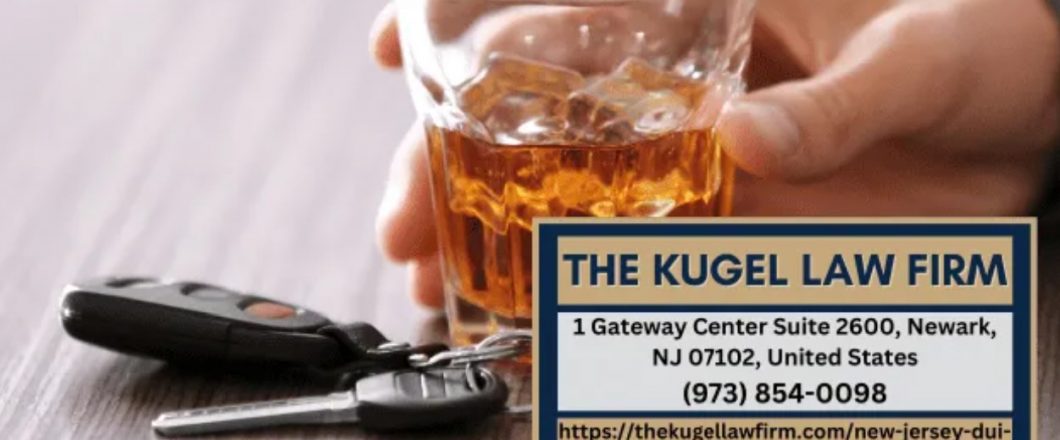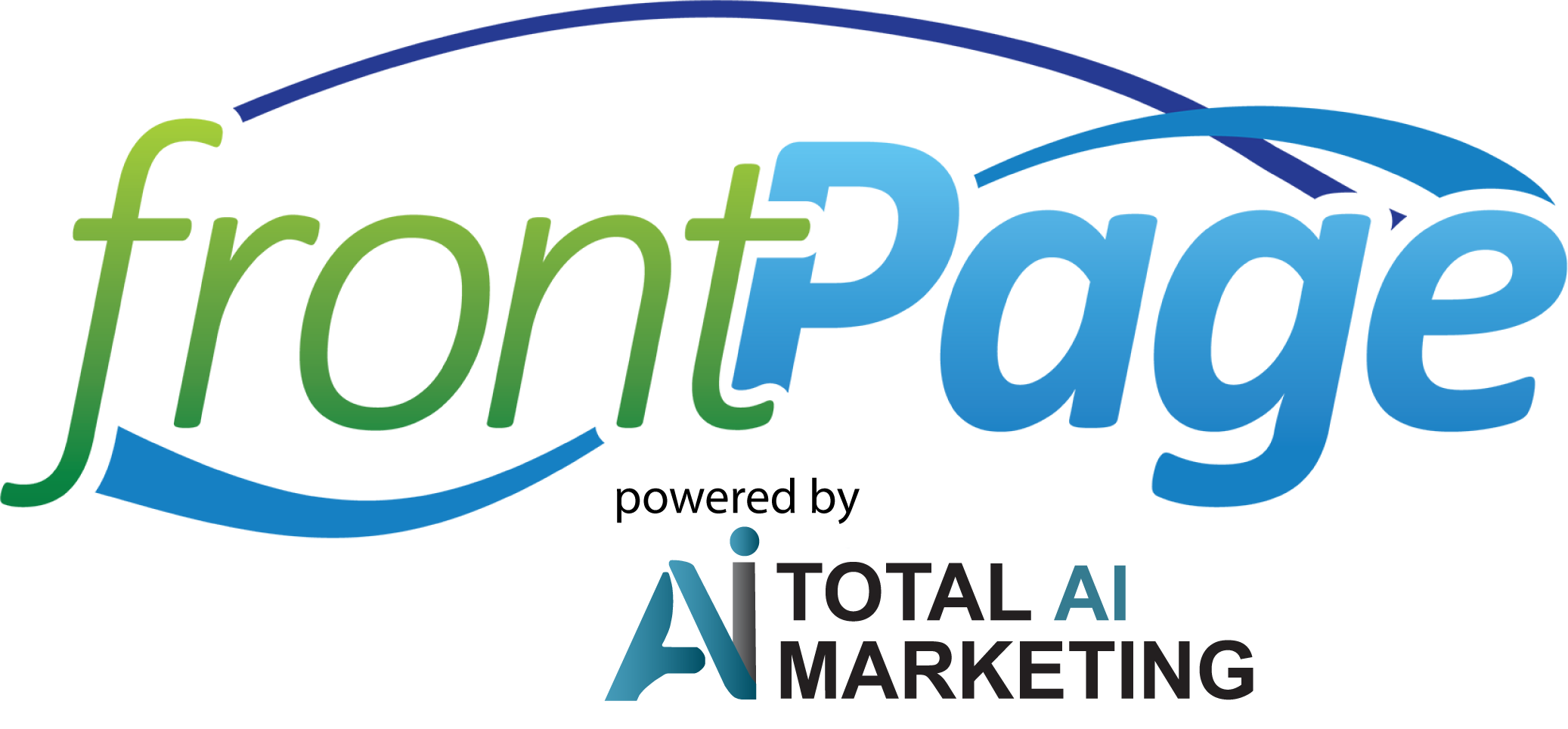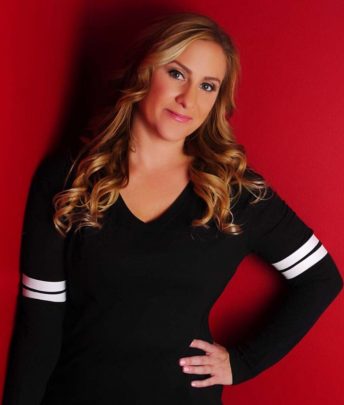
Understanding DUI Laws in New Jersey: Insights from The Kugel Law Firm
Driving under the influence (DUI) is a serious offense in New Jersey, with strict penalties designed to promote road safety and deter impaired driving. However, for those facing DUI charges, understanding the complexities of DUI New Jersey law is essential for protecting their rights and navigating the legal system effectively. The Kugel Law Firm has built a reputation as a trusted advocate for individuals dealing with DUI cases, providing skilled representation and in-depth knowledge of New Jersey law.
Key Components of New Jersey DUI Laws
New Jersey enforces a legal blood alcohol concentration (BAC) limit of 0.08% for most drivers. For commercial drivers, the limit is 0.04%, and for drivers under 21, a zero-tolerance policy applies, meaning any detectable BAC can result in charges. DUI charges in New Jersey can arise from alcohol, drugs (including prescription medications), or a combination of substances that impair a driver’s ability to operate a vehicle safely.
Penalties for DUI in New Jersey are severe, even for first-time offenders. These include:
- Fines and Fees: Ranging from $250 to $1,000 depending on the offense.
- License Suspension: First-time offenders face up to a one-year suspension, with longer periods for subsequent offenses.
- Ignition Interlock Devices: Required for certain offenders to prevent vehicle operation if alcohol is detected on their breath.
- Community Service and IDRC: Mandatory programs to address substance use and promote education.
Why Expert Legal Representation Matters
The consequences of a DUI conviction can be life-altering, affecting employment opportunities, finances, and personal freedom. This is why having an experienced legal team, like The Kugel Law Firm, is critical. Their attorneys specialize in crafting personalized defense strategies, whether by challenging field sobriety tests, breathalyzer accuracy, or procedural errors during the arrest process.
Empowering Clients with Knowledge
The Kugel Law Firm not only defends clients in court but also educates them about DUI New Jersey law. They offer resources to help individuals understand the charges they face and the potential paths forward. This knowledge can help clients feel more confident and prepared during a challenging time.
For more information about DUI laws in New Jersey or to consult with experienced attorneys, visit The Kugel Law Firm’s website. The firm is dedicated to protecting your rights and providing the guidance you need to move forward.
Disclaimer: This blog is intended for informational purposes only and does not constitute legal advice. For specific legal assistance, consult a qualified attorney.
Read More


 New Jersey stands out as a beacon of hope. With a commitment to individualized care, cutting-edge treatment methods, and a supportive environment, this facility has garnered a reputation for transforming lives and restoring hope. In this blog, we will explore the life-changing journey that awaits individuals seeking
New Jersey stands out as a beacon of hope. With a commitment to individualized care, cutting-edge treatment methods, and a supportive environment, this facility has garnered a reputation for transforming lives and restoring hope. In this blog, we will explore the life-changing journey that awaits individuals seeking  Breaking free from the grips of
Breaking free from the grips of  a driver commits a DWI, severe penalties from both the courts and the New York Department of Motor Vehicles will be instituted.
a driver commits a DWI, severe penalties from both the courts and the New York Department of Motor Vehicles will be instituted.